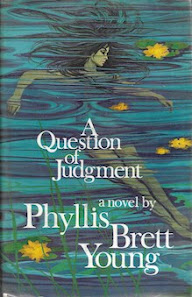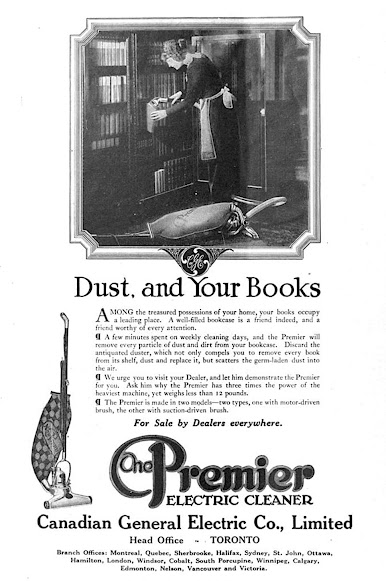I'm betting it was worth every penny and that Lisa and considerate, gentle, sophisticated Bobbie will not disappoint.
"What?" I hear you say. "You mean you haven't read it!"
No, I have not. Too busy.... so busy that I didn't visit the Strand during last month's trip to New York. I did find time for Trump Tower, but only because it was so close to my hotel. I expected to be underwhelmed, and was more than underwhelmed. This was during the weekend of the New York City Marathon, and yet the place was nearly deserted.
Each of this year's ten best book buys was found online, which is a sad state of affairs given recent travels. These are the remaining nine:
Toronto: Ryerson, 1959
Jeann Beattie won the Ryerson Fiction Award for Blaze of Noon (1950), her debut novel. Behold the Hour, her second and last, is set in the early days of CBC television. I didn't think much of the novel, but illustrator Ken Elliott's dust jacket is a favourite.
New York: Appleton, 1894
What did I expect? At twenty-one, I read Duncan's classic, The Imperialist, but remember nothing.
Not only a beautiful volume, but one of the year's two best reads.
The author's first novel. Published twenty years before he gave up the United States for Canada, it is set in Greenwich Village and concerns fallout stemming from the murder of a local pusher. Did I read somewhere that one of the characters is based on Schwartz's friend Jackson Pollack?
Another favourite cover, it graces the hidden debut novel of a woman who would one day win the 1954 Stephen Leacock Medal for Pardon My Parka and the 1957 Ryerson Fiction Award for Repent at Leisure. I liked the novel for its depiction of a time and place in which one could make a decent living as a writer.
As Ricochet Books series editor, I've returned two Wees novels to print. Lost House, a gothic thriller involving drug runners in remote British Columbia looked to be a possible third. Sadly, it is not one of the author's best.
The second book ever published by Harlequin!
Phyllis Brett Young published six books between 1959 and 1969 — and then nothing in the remaining twenty-seven years of her life. One wonders what happened. A Question of Judgement, her last, was first published in 1969 by Macmillan of Canada. This British edition, which appeared the following year, has the better cover.
Here's looking forward to next year's book purchases.
Here's hoping some will be found in physical book stores.





































